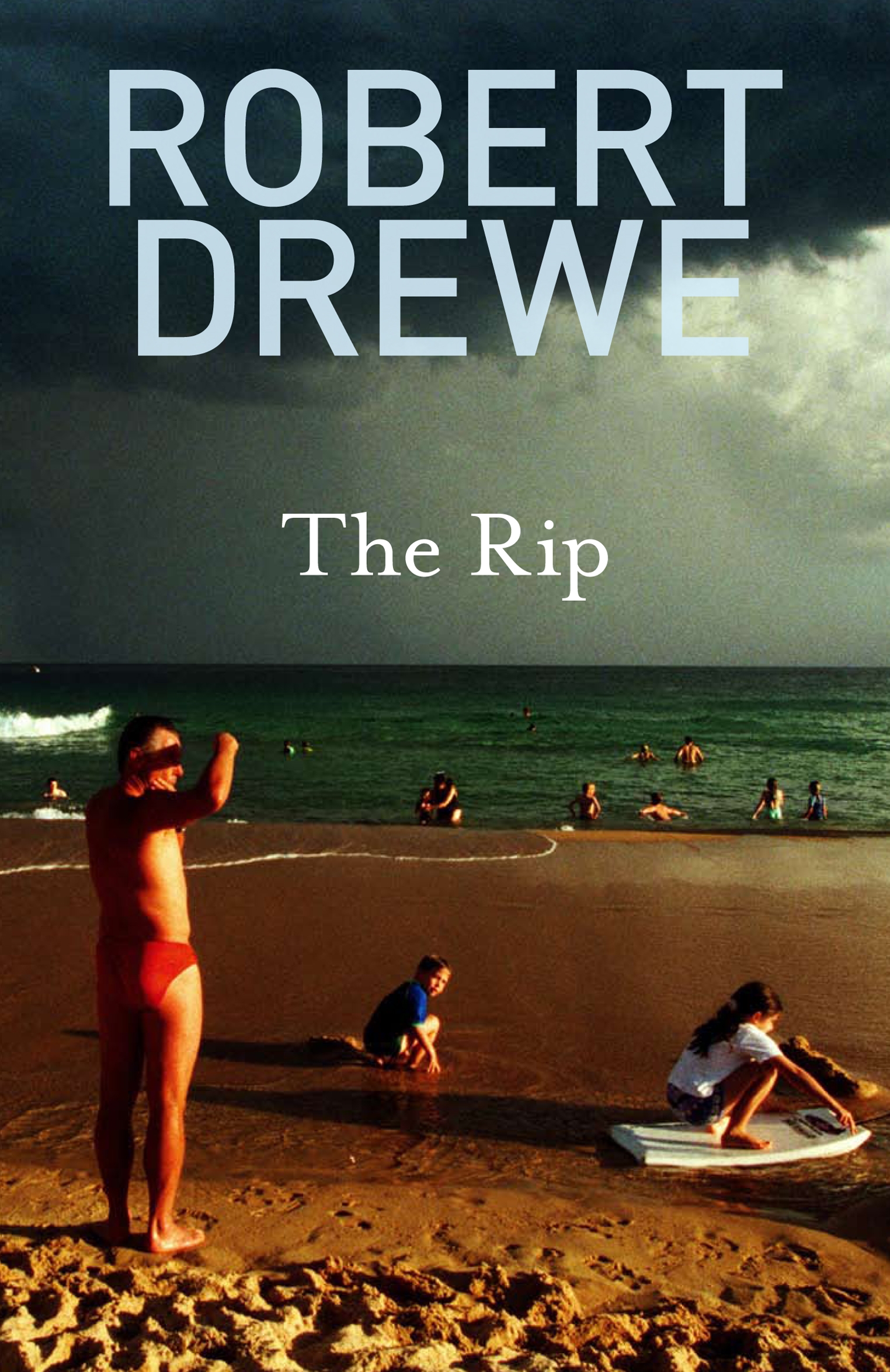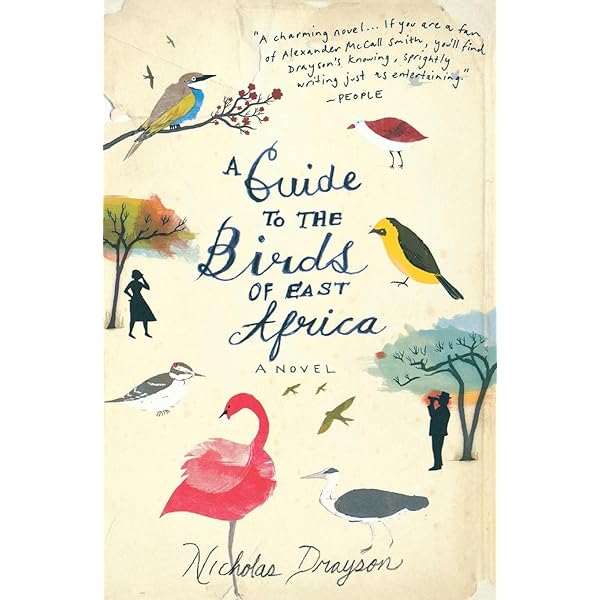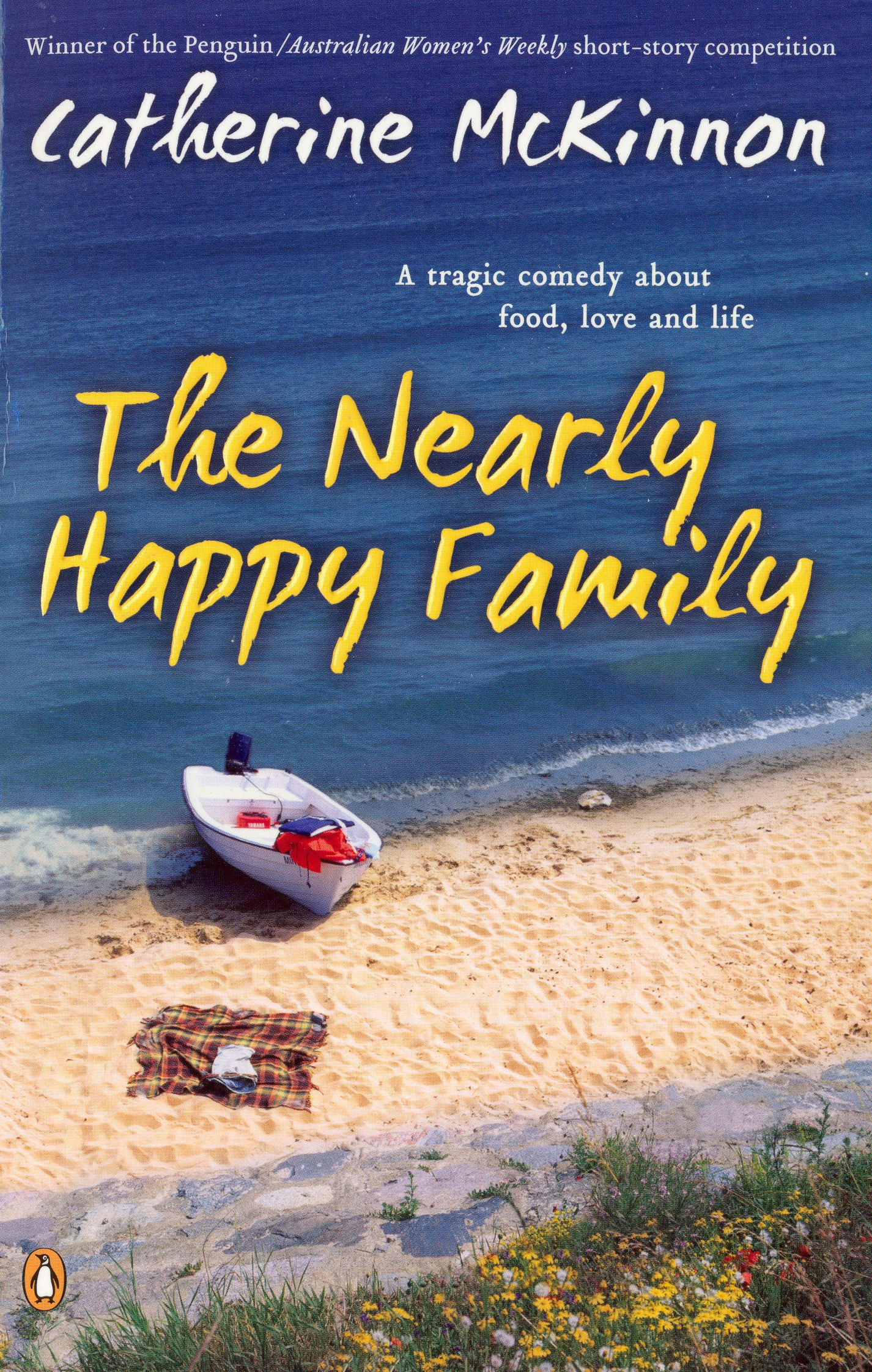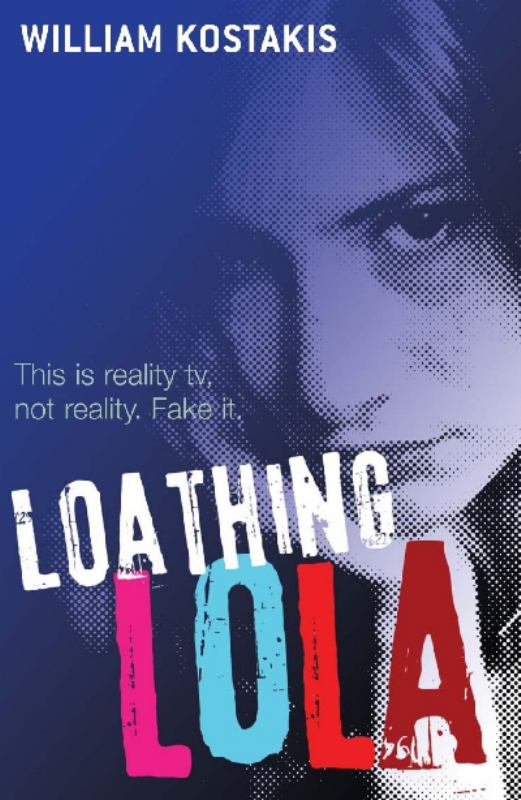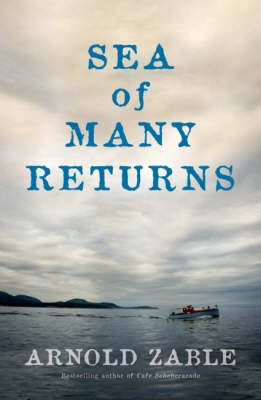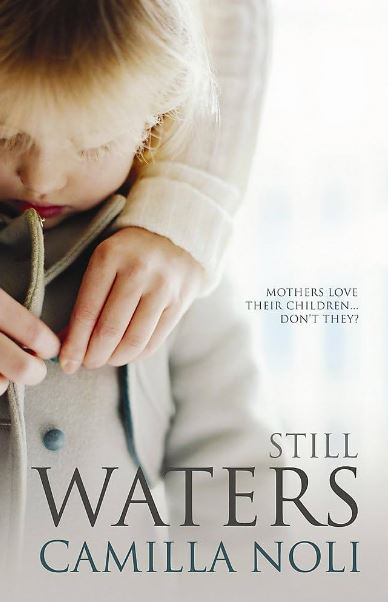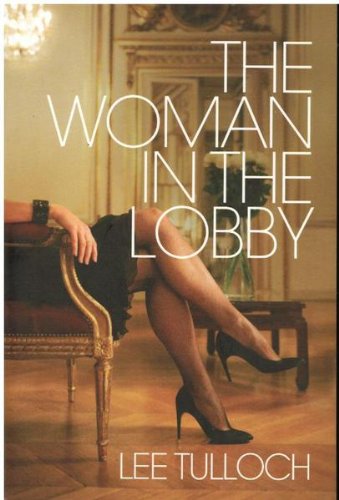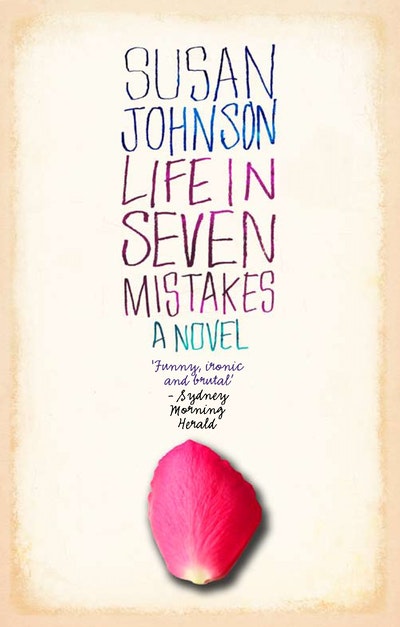Fiction
In Robert Drewe’s latest collection of stories, people often find themselves caught in rip tides of ill fortune. Snake bites, car accidents, marauding dingoes, unexpected adulteries – these are all part of the rough seas of circumstance that crash without warning over the lives of Drewe’s characters. The dominant note of the collection is this quality of suddenness: out of the blue, bad things happen to good people. Most of The Rip’s characters are benign and likeable enough (even the shonky businessman awaiting trial on fraud charges is a long way from outright villainy), but each of them discovers the world turned upside down by what the title story calls ‘the abruptness of savage chance’.
... (read more)Mr Malik, a shy and thoughtful widower, has become enamoured with the dignified and intelligent Mrs Rose Mbikwa. Mrs Mbikwa is the leader of the Tuesday morning bird walk of the East African Ornithological Society. As Mr Malik painfully summons the courage to invite Mrs Mbikwa to the Hunt Ball, a rival appears on the scene in the form of the raffish, rich and unscrupulous Mr Khan. Instantly charmed upon meeting Mrs Mbikwa, he invites her to the annual Hunt Ball.
... (read more)Kathryn Lomer’s collection of short stories is ‘show, don’t tell’ storytelling with an emphasis on atmosphere instead of rapid plot movement. The best stories don’t have twists but end with a shift in perspective, a small victory or a solemn realisation. The book’s title is fitting: like the pinhole camera used by artists to isolate a single scene, Lomer’s stories are narrow in both scope and perspective. The stories are imagistic, even cinematic. Descriptions of light feature constantly: sunlight is triangled, louvred; fairy lights hide in vines, candles among food. Answering machines blink red in the dark.
... (read more)Catherine Mckinnon is known around Adelaide for her work as a writer–director with the State Theatre and Red Shed Theatre companies. In 2006 she won the Penguin/Australian Women’s Weekly short story competition and obviously came to the attention of Penguin editors. The Nearly Happy Family, her first novel, is described on the front cover as ‘a tragic comedy’.
... (read more)Pertinent to the meaning of reality television is the understanding that it focuses on real life. There are no actors, no scripts and no staged events to provoke drama; the camera simply captures life as it happens, and we become ‘peeping toms’ for the duration of the programme.
... (read more)Diane Fahey’s The Mystery of Rosa Morland is a tour de force, a brooding, postmodern Gothic poem cum novella that provides a happy ending of sorts for characters who deserve one. The poetry, capturing individual voices, is at once accomplished, sensuous and serviceable.
... (read more)Australia’s obsession with Greece goes back a long way; it has not always been as warm as we might like to think. The George Johnston–Charmian Clift–Sidney Nolan kind of love affair with the islands could sometimes turn a bit sour: think of Patrick White or demeaning references to the ubiquitous Olympic Café in films and stories. The temptation of writing in these well-established furrows is to exploit the subject matter rather than explore it.
... (read more)Camilla Noli’s novel about a cold, narcissistic personality is not pleasant reading. It is, of course, a tall order to write about a woman whose will to power is so all-consuming that she is prepared to kill her children to reassert her need for control. Narrated in the first person, it is quickly apparent that the speaker is hardly sane. Her anger exacerbated by her need for sleep, she burns with rage at the demands of her two small children. Her wilful young daughter, Cassie, a miniature version of herself in all but appearance, seems especially to provoke her resentment, even hatred.
... (read more)The Woman in the Lobby lacks the satirical punch of Fabulous Nobodies (1989) and the blithe esprit of Wraith (1999) that has made Lee Tulloch such a diverting storyteller. This overlong novel, entertaining in places, engages in some of the lowest common denominators of popular fiction – fashion, drugs and lots of sex.
... (read more)The Barton family of Susan Johnson’s Life in Seven Mistakes is ‘unhappy after its own fashion’, to quote Tolstoy’s famous dictum. Elizabeth Barton’s perspective dominates the narrative. A 49-year-old ceramicist who lives in Melbourne and is preparing for her first exhibition in New York, Elizabeth is under pressure to complete some pieces needed for her opening. With her third husband, Neil, Elizabeth and her three children are spending Christmas with her parents. Bob and Nancy Barton have retired to the Gold Coast where they live in a vulgar, ferociously air-conditioned apartment. Also there are one of Elizabeth’s brothers, Robbie, with his wife, Katie, and their two children. The youngest brother, Nick, is in jail for drug offences and erased from the family narrative, but he is ever-present in Elizabeth’s mind.
... (read more)

